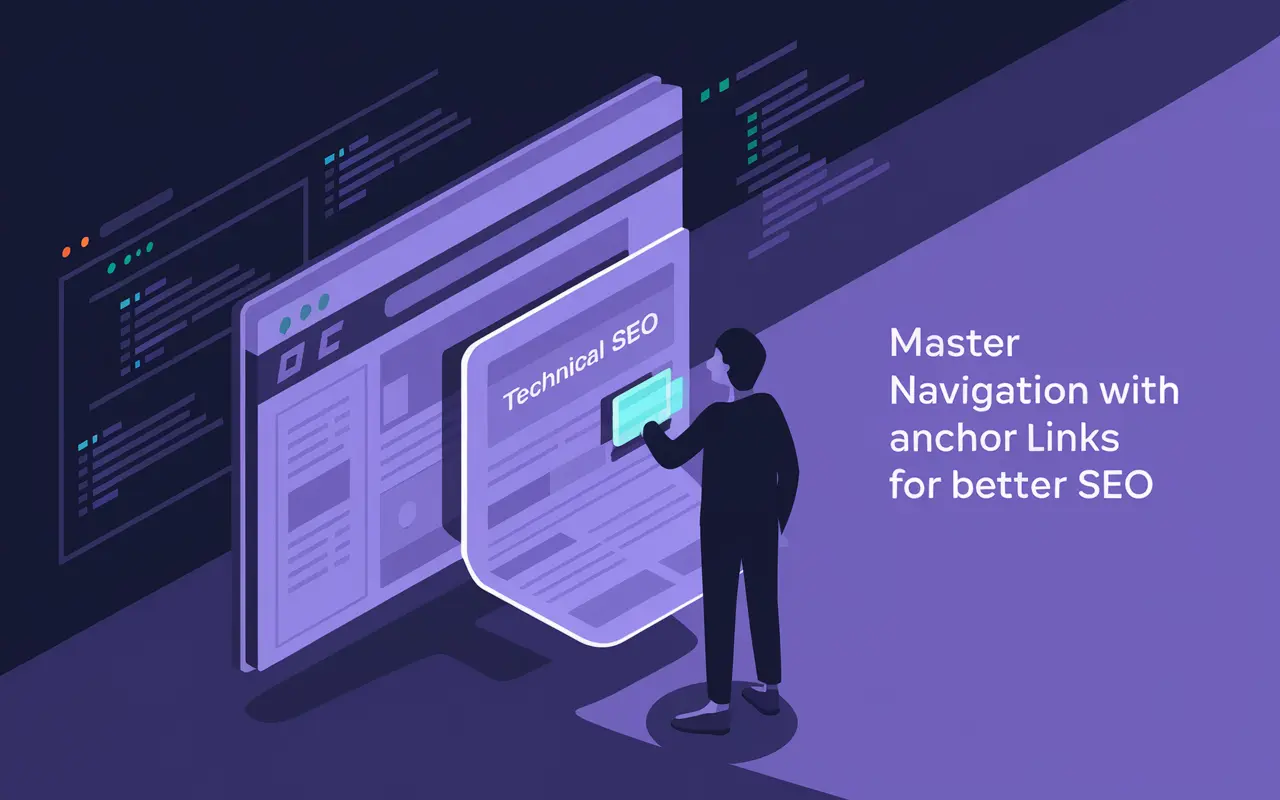Google SEO Tool Outages Spark Industry Discussion – DigiDream
Google’s New Measures Cause Global SEO Tool Outages
In recent updates, Google has initiated a significant crackdown on web scrapers, resulting in widespread outages for many popular SEO tracking tools such as SEMRush and SE Ranking. This has sparked discussions and concern among SEO professionals who rely heavily on these tools for accurate and timely data for keyword rankings and growth strategies.
According to Google’s guidelines, scraping for ranking data without explicit authorization contravenes their terms of service due to resource consumption and violation of spam policies. The automation of traffic to Google disrupts their capacity to serve users efficiently.
Unpacking the Impact on SEO Tools
The SEO community has experienced immediate effects on several tools. For instance, as reported on social media, SE Ranking faced issues with position tracking, though some functionality has been restored. However, as a measure to improve anti-scraping systems, certain features remain offline, including SERP Features.
The crackdown has brought a spotlight on the challenges and complexities of blocking web scrapers. Google’s approach requires substantial resources, given the myriad tactics scrapers employ, such as varying IP addresses and altering user agents to bypass obstacles.
Social Media Discussions on the Outages
Social platforms and groups like the Facebook Group SEO Signals Lab have seen a flurry of discussions over Google’s recent actions. Members revealed that tools such as Scrape Owl have stopped working, while SEMRush’s data remains outdated. Meanwhile, some services like Sistrix reportedly continue to operate without disruption.
In a LinkedIn post, Natalia Witczyk mentioned increased anti-scraping measures by Google, including IP blocking and CAPTCHA challenges, adding to the difficulty and cost of data extraction—a situation that may translate into higher subscription fees for users of impacted tools.
Future Prospects and Response from Google
As the situation unfolds, the SEO community is keenly observing the developments to understand the long-term implications. Some have proposed introducing a paid API service from Google to provide legitimate, authorized access to search data, potentially easing the disruption faced by many SEO professionals.
Meanwhile, Google has not yet released any official announcements regarding the recent measures, but industry chatter suggests that the scale of impact might prompt a response or clarification in the near future.

To stay updated with the latest SEO developments and resources, make sure to subscribe to DigiDream’s newsletter. Get insights and strategies delivered straight to your inbox, helping you navigate through these evolving digital landscapes with cutting-edge information and expertise.
#DigiDreamSEO #GoogleUpdates #SEOTools #ScraperBlock #DigitalMarketing #SERPTracking #WebScraping #SEOInsights #DataChallenges #NewEraSEO #SearchEngineOptimization #SEOTwitter #DigitalStrategies











